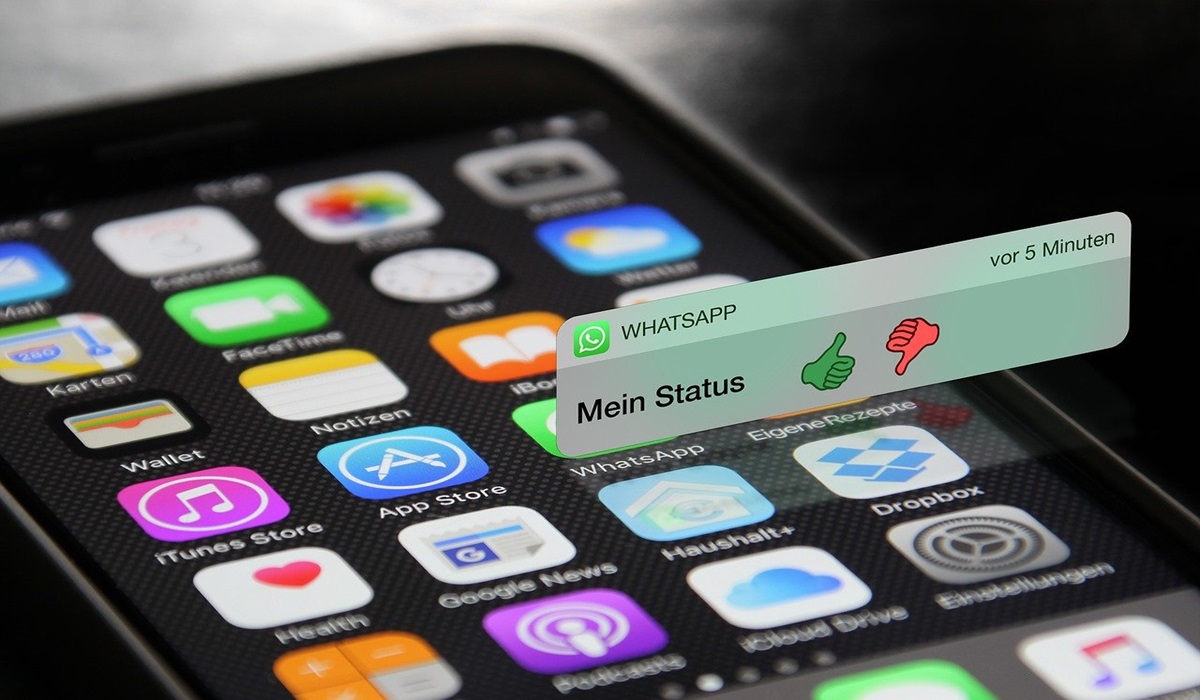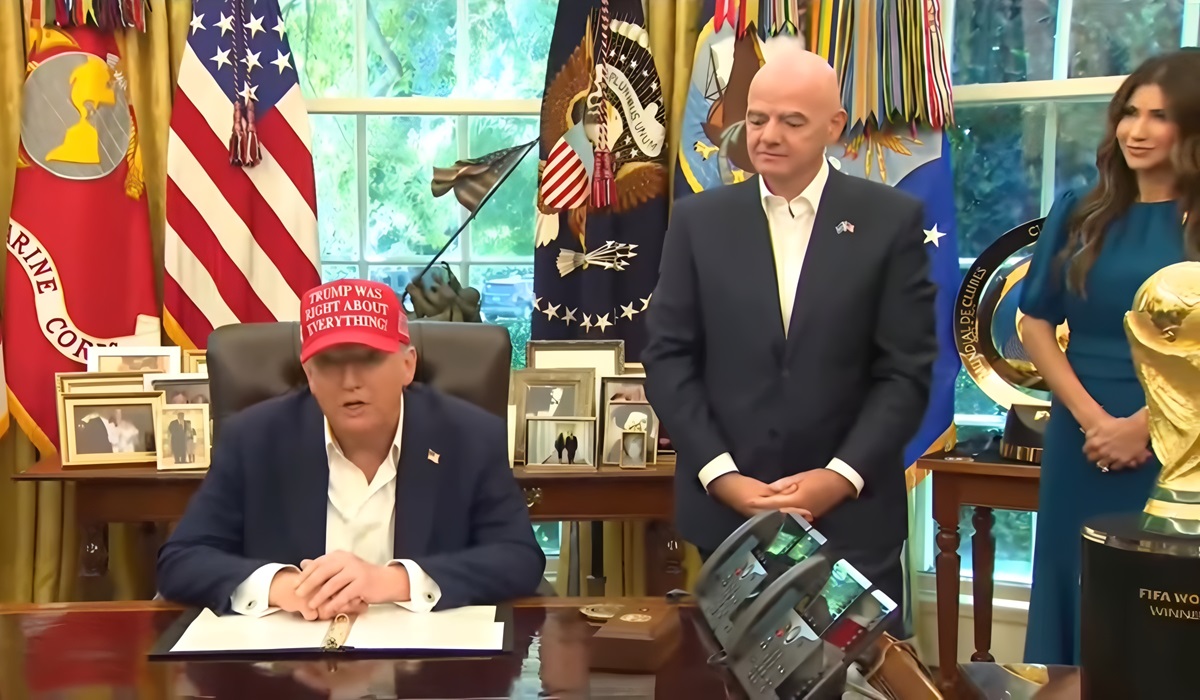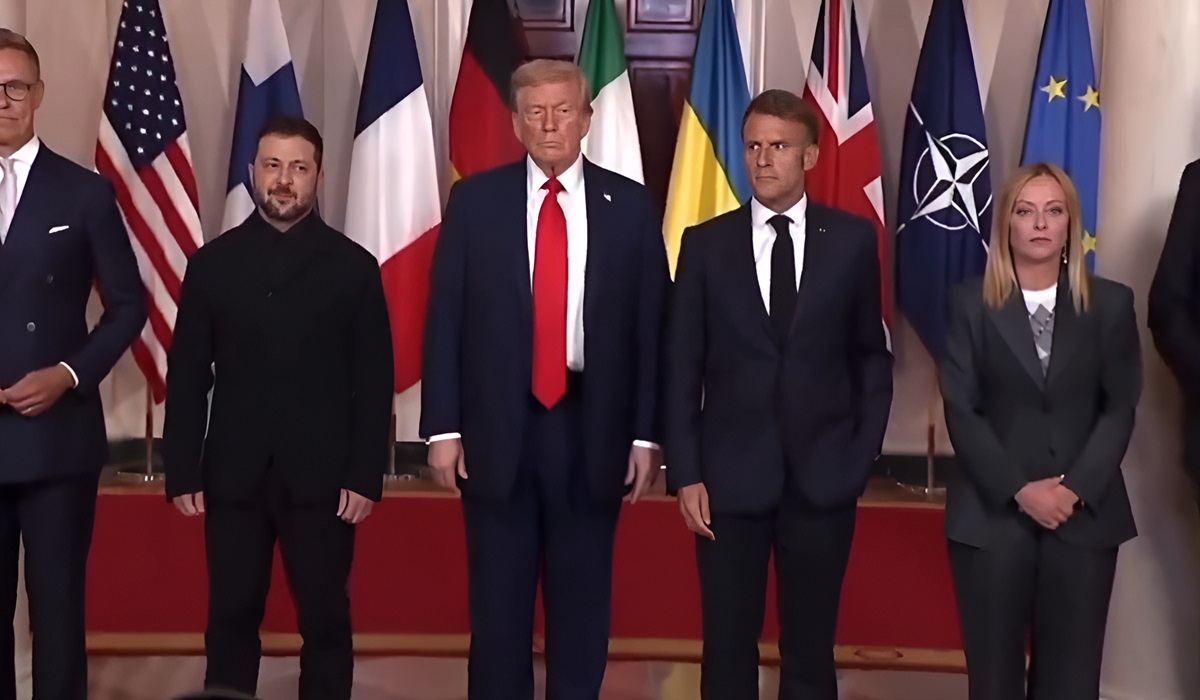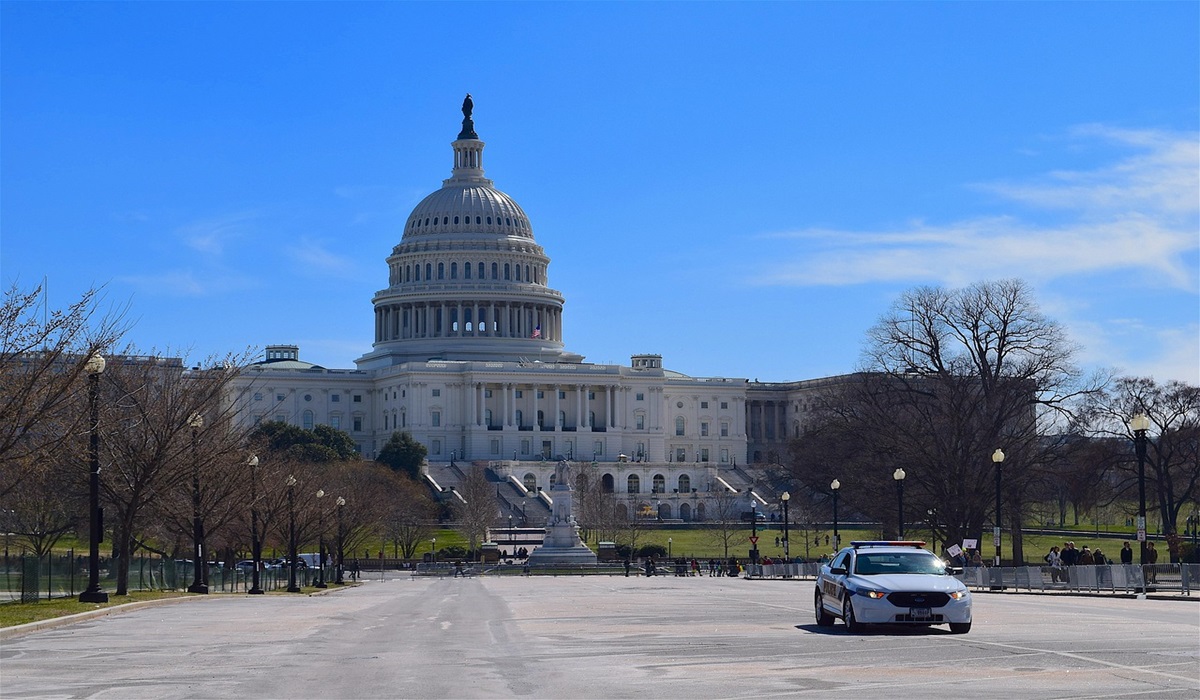Is WhatsApp a Weapon? U.S. Ban The App On Government Phones Following Iranian Official Assassinations
- Ingrid Jones
- U.S.A
- June 28, 2025

Image Credit, Heiko
The U.S. government has quietly but firmly banned the use of WhatsApp on all government-issued phones—including those used by members of Congress, defense personnel, and federal contractors. The timing couldn’t be more suspect.
The ban comes in the immediate aftermath of a series of high-level assassinations of Iranian officials, including military and intelligence commanders, reportedly carried out through precision drone strikes in Syria and Iraq. While the United States has denied any wrongdoing or illegal surveillance, sources inside both cybersecurity watchdogs and allied intelligence services say otherwise. They point to troubling evidence suggesting WhatsApp’s GPS metadata—specifically, location data passively collected from user devices—was instrumental in identifying, tracking, and ultimately targeting Iranian officials.
The implications are chilling.
Only days before the ban was enacted, two high-ranking Iranian military officials were killed in separate drone strikes. These strikes were notably precise—suggesting real-time location tracking that would require either on-the-ground assets or highly sensitive electronic data. Given the growing international skepticism toward U.S. ground presence in the region, the latter appears more likely.
Enter WhatsApp. Owned by Meta (formerly Facebook), the messaging app is widely used around the globe, especially in regions like the Middle East where it’s considered a secure platform due to its end-to-end encryption. Yet encryption doesn’t cover everything. Critics argue that WhatsApp still collects metadata—including timestamps, device information, and approximate GPS location—that can be exploited if handed over or intercepted.
Soon after the strikes, the U.S. Cybersecurity and Infrastructure Security Agency (CISA) issued a quiet directive: uninstall WhatsApp from all federal phones. No press release. No explanation. Just swift, silent action.
That silence speaks volumes.
Mark Zuckerberg, CEO of Meta, responded to growing global concern by reiterating that WhatsApp uses end-to-end encryption and does not voluntarily share user data with governments. “We are committed to user privacy and security. No personal GPS data has ever been shared with any government, including the United States,” Zuckerberg stated in a press conference this week.
But not everyone is buying it.
International tech analysts and independent cybersecurity researchers have countered with forensic evidence suggesting third-party data brokers and analytic APIs—some loosely tied to Meta’s larger data ecosystem—can piece together GPS patterns from app usage. If these data sets are then legally or covertly acquired by state actors, it’s entirely possible to triangulate the real-time location of individuals without breaching the encryption envelope itself.
And here’s the darker possibility: the data doesn’t need to be willingly shared by Meta. The U.S. government’s capabilities in digital surveillance are vast—and well-documented by past revelations like those from Edward Snowden. Legal orders, clandestine partnerships, or even zero-day exploits could have made it possible to tap into GPS metadata without Meta’s explicit cooperation.
This controversy is already setting off alarm bells abroad. In recent weeks, at least seven nations—including Germany, Brazil, and Malaysia—have either suspended or sharply curtailed the GPS data access granted to American tech companies. China, unsurprisingly, has doubled down on promoting its Baidu-based mapping infrastructure, encouraging allies to pivot away from U.S.-based digital ecosystems entirely.
Iran has gone further. It has now issued a formal request to the United Nations to investigate alleged cyber-assisted assassinations using commercial apps like WhatsApp. Iranian state media has called this the “weaponization of social platforms,” and even formerly neutral countries are beginning to reassess the role of U.S. tech in national security vulnerabilities.
While no smoking gun has yet been made public, the circumstantial evidence is damning. If the U.S. government truly had no use for WhatsApp in its operations, why ban it so swiftly and universally from official devices? And if WhatsApp is as secure as claimed, why are so many governments increasingly nervous about the digital backdoors that may exist?
This isn’t just about one app—it’s about the trustworthiness of the infrastructure we rely on daily. As geopolitical tensions escalate, especially with Iran, Russia, and China forming tighter cyber-defense partnerships, the strategic use (or misuse) of platforms like WhatsApp could become a defining issue of digital warfare.
Until more transparency is brought to light, one thing is clear: the age of blind trust in encrypted apps is over. And the consequences—for global security, digital sovereignty, and civilian privacy—are just beginning to unfold.








